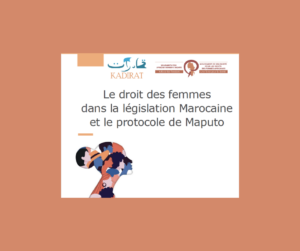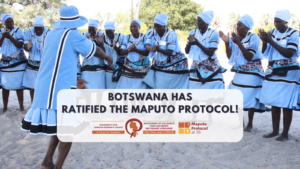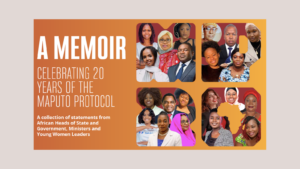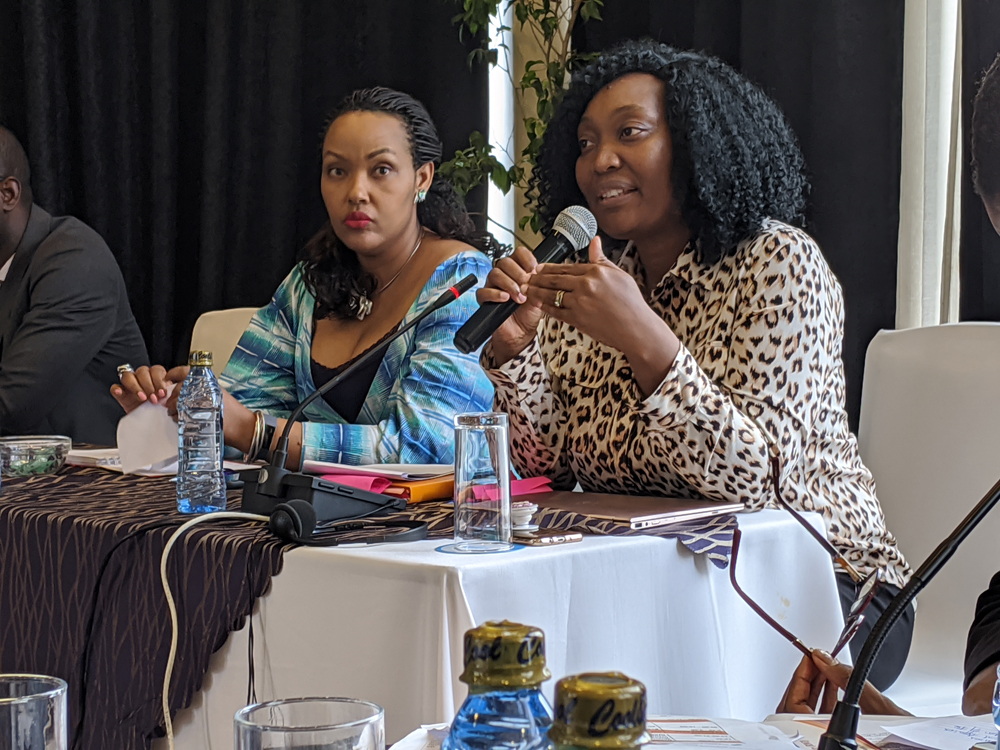The Solidarity for African Womens Right's (SOAWR)
is a coalition of over 70 civil society organisations
working across 33 countries.

Protocol to the African Charter on Human and Peoples’ Rights on the Rights of Women in Africa
Maputo Protocol
The Protocol offers significant potential to guarantee the rights of women, but in order to come into force it needed to be ratified by at least 15 countries.
On 26 October 2005 the Protocol received its 15th ratification, meaning the Protocol entered into force on 25 November 2005.
Search for members of SOAWR

Il s’agit d’une étude comparative des législations nationales et internationales ratifiées par le Maroc et le Protocole de Maputo qu’il n’a pas encore ratifié, et ce, dans le domaine des Droits des Femmes Marocaines. Le travail est basé sur une collecte de documentations ainsi que des rapports émis par les instances nationales concernées et les rapports des ONG féminines.

1st December, 2023 The Republic of Botswana has ratified the Protocol to the African Charter on Human and Peoples’ Rights on the Rights of Women in Africa (better known as

In commemoration of the 20th Anniversary of the Protocol to the African Charter on Human and Peoples’ Rights on the Rights of Women in Africa (Maputo Protocol), SOAWR Member Equality

Get
Involved
Interested in fighting for women’s rights? Click on our careers page to find interesting opportunities!
Are you a women’s rights organization looking for funding? Or a student looking for call for proposals to write about gender rights? Look no further than our opportunities page!
Interested in enhancing your skills on women’s rights issues? What about NGO management and communications? Click on our training page to find the right opportunity for you!
There are no upcoming events at this time
